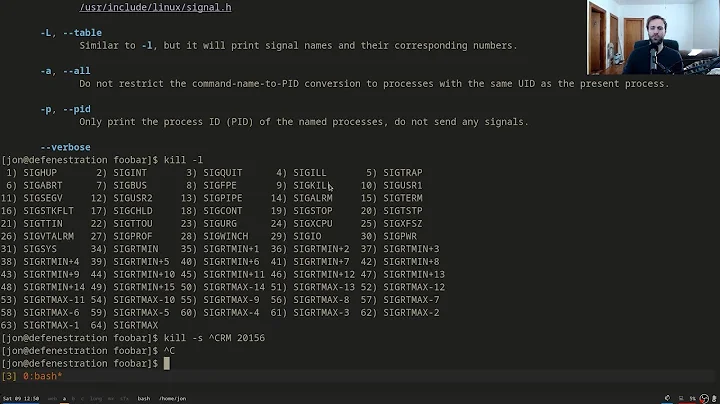Get the process id from ps -ef grep (or Stop an application before removing it)
You can do
ps -U someUserName -o pid,comm | awk '/someProcessName/{print $1}'
(edited my answer and took the above line from my answer to your related question) or similar [1], or even better
pgrep -u myuser mybinaryname
to get the process id, or even simpler
pkill -u myuser mybinaryname
to directly kill the process.
Do some tests to determine the binary name and make sure it doesn't collide with other processes though.
(pgrep and pkill are most likely already installed on your system. Otherwise they are (on Debian based systems) in the package procps).
Note that a normal user most probably doesn't have privileges to kill other users' processes, so e.g. pkill mybinaryname need to be run with elevated privileges. It sounds like a script run by root (since it is uninstalling programs), so this might not be an issue.
[1]: awk picks first non-blank field by collapsing leading spaces which will appear if pid<10000 (on my system, since pidmax is 32767), which would confuse e.g. cut.
Related videos on Youtube
Jim
Updated on September 18, 2022Comments
-
Jim over 1 year
I have an rpm and I want on uninstall to check if my application is running and if it is stop it before running the uninstall.
My service runs under a specific user. How can I do this using bash in rpm spec?
I.e. how can I know my service is running so that I can stop it?Update: If I do
ps -ef|grep myUserhow can I get the process id from the result so that I can dokill -9?-
Daniel Andersson about 12 yearsDon't
kill -9. Justkill.kill -9is not nice, and not even helpful in most respects (might leave file descriptors hanging, create zombies, etc.). At least be sure you know exactly whatkill -9means before using it in a routine way.
-
-
Daniel Andersson about 12 yearsDo you have many users running the process, and only want to kill a the specific instance of a certain user? It sounds like you just want to kill the process, no matter who owns it. I will add to my answer that you might not (probably not) have privileges to kill other users' processes like this, so you might need to run it via
sudoor similar. -
Jim about 12 yearsThe process runs only under 1 specific user and there is 1 process running.The root will do this
-
Daniel Andersson about 12 yearsThen you don't need to explicitly restrict it a single user, but you can do it with
pgrep -u myUser myBinaryName. I can add it to the answer.



![How to use Top Command | Linux Tutorials for beginners | Part #4 [Linux Programming]](https://i.ytimg.com/vi/tAe3MPh5sNg/hq720.jpg?sqp=-oaymwEcCNAFEJQDSFXyq4qpAw4IARUAAIhCGAFwAcABBg==&rs=AOn4CLCsCRX7wwPbh9f37OHgWCfnfkNFSg)
